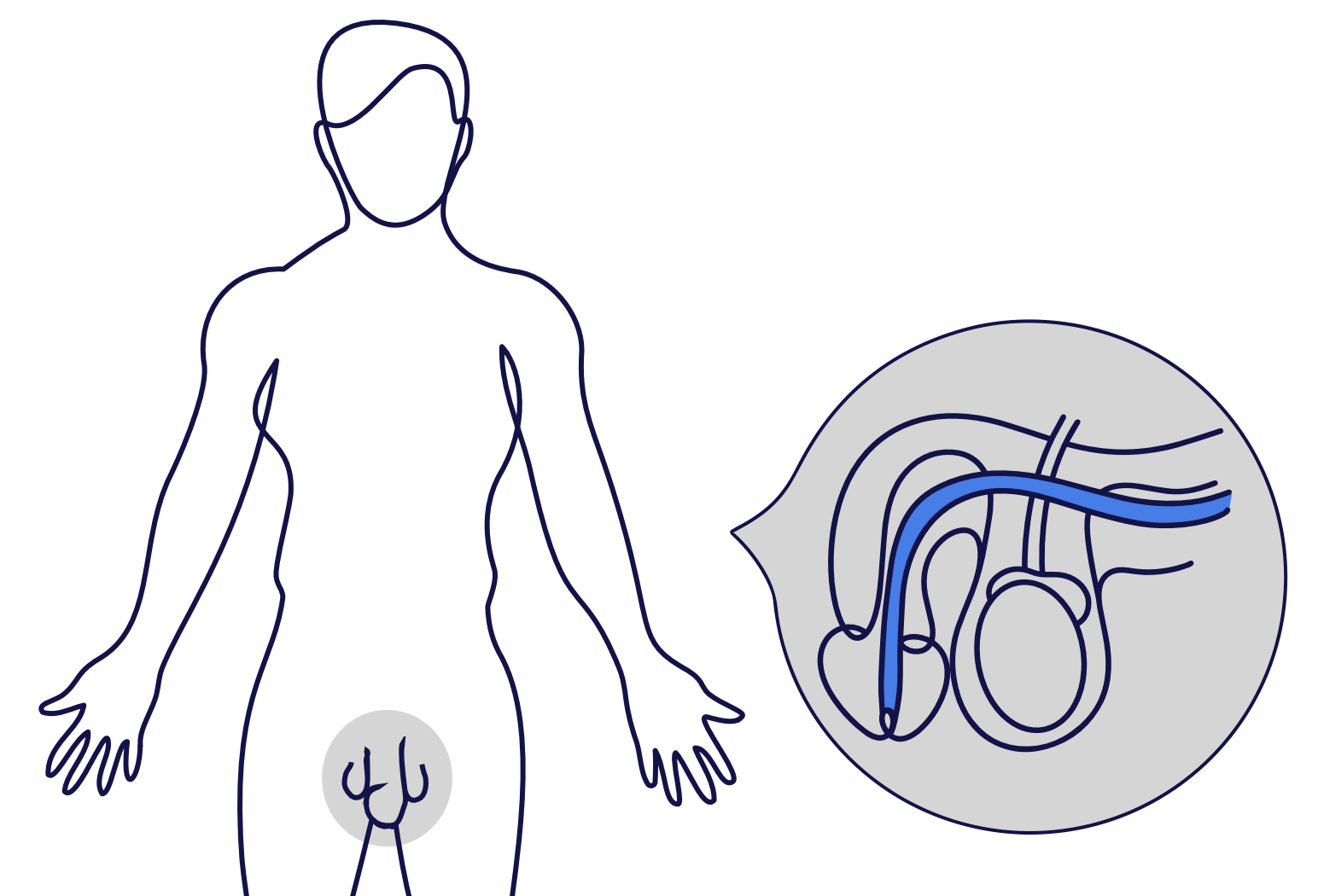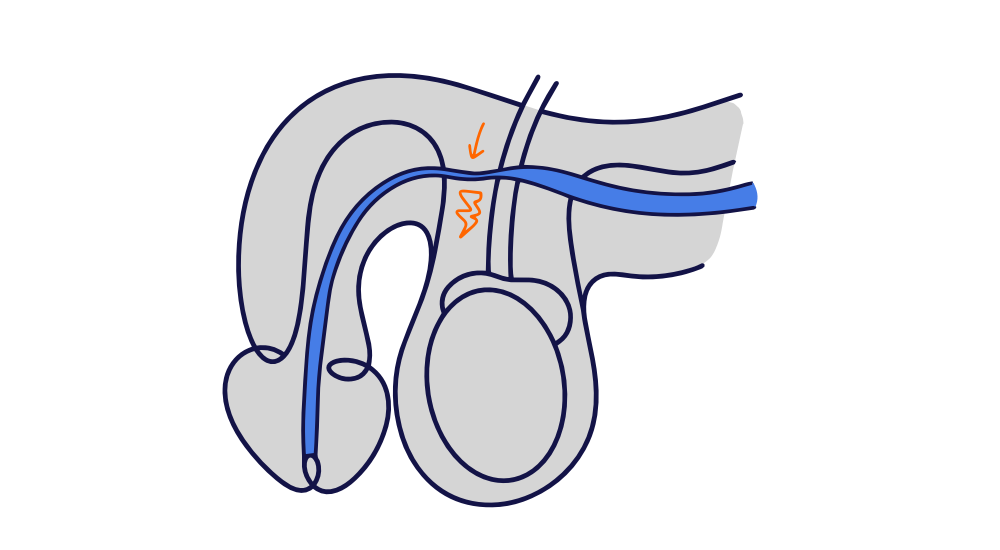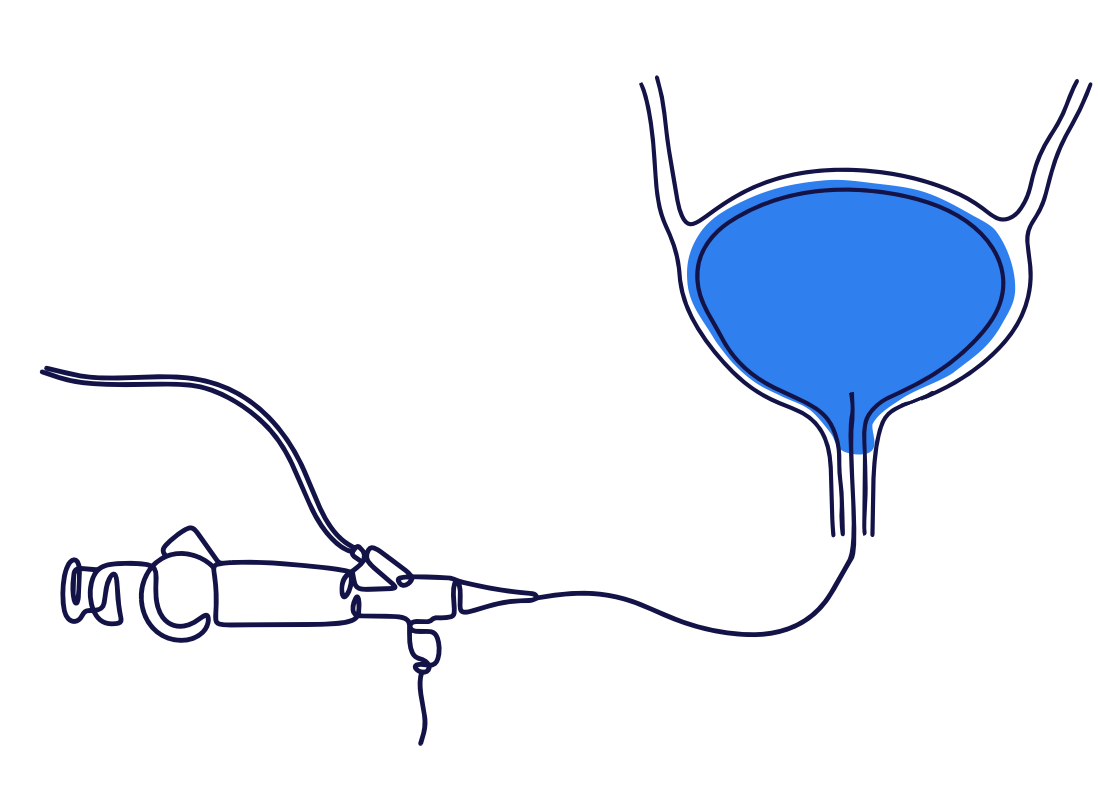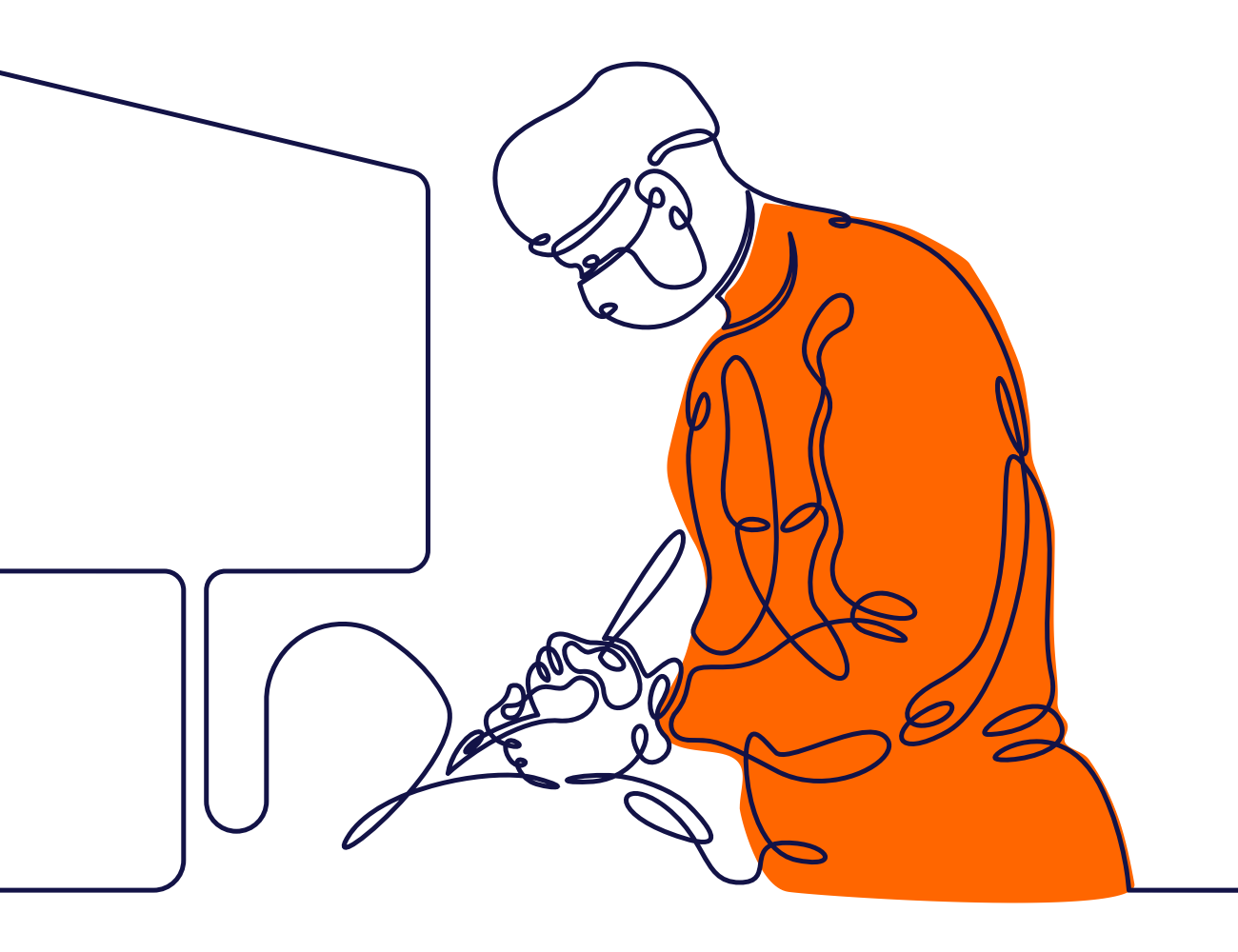Urethral Stricture
Medical conditions we treat

ABOUT URETHRAL STRICTURE
What is the urethra?
The urethra is a tube that carries urine from the bladder to the outside of the body.
In females it’s about 4 cm long and opens just above the vaginal opening. It only carries urine.
In males the urethra is longer, about 20 cm, because it passes through the prostate gland and penis. It carries both urine and semen.
What is a urethral stricture?
A urethral stricture is a narrowing of the urethra due to scar tissue, inflammation, or injury.
This narrowing blocks or slows the flow of urine, and it can cause various urinary problems.
It occurs more commonly in men than women.

What are the symptoms of a urethral stricture?

Poor urine stream
Reduced flow when passing urine.

Hesitancy
Difficulty initiating urination.

Dribbling
Dribbling after passing urine.

Frequent or urgent urination
Feeling the need to urinate more urgently or more often than usual.

Nocturia
Waking at night to pass urine.

Urinary retention
Inability to pass urine or incomplete bladder emptying when passing urine.

Ejaculation problems
Pain during or after ejaculation or reduced volume of ejaculate.

Bladder infections
Bacterial infection in the bladder.

PATIENT JOURNEY
How is a urethral sticture diagnosed?
A urethral stricture can be diagnosed with a urine flow study, a specialised X-ray known as a urethrogram, or with a cystoscopy.
How is a urethral stricture treated?
Treatment of a urethral stricutre usually requires surgery.
Surgical treatment options include cystoscopy with urethral dilation or urethrotomy, or urethoplasty.

